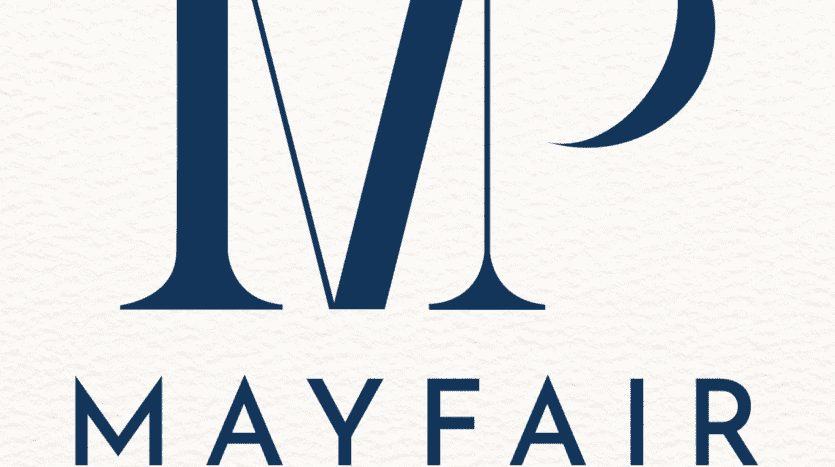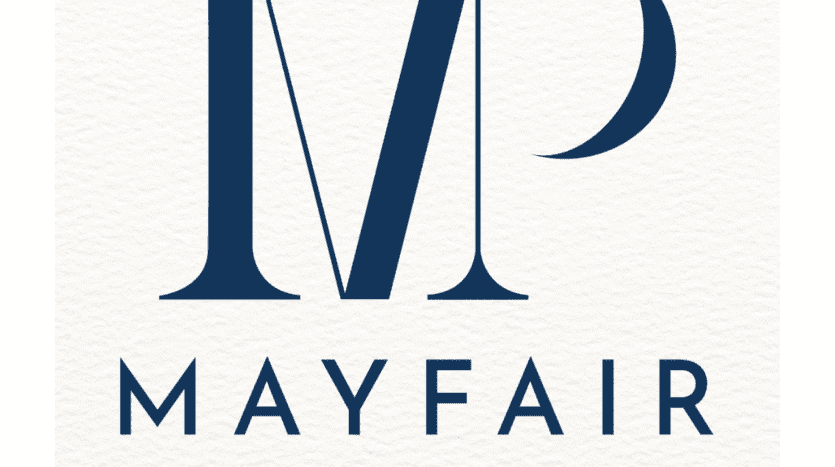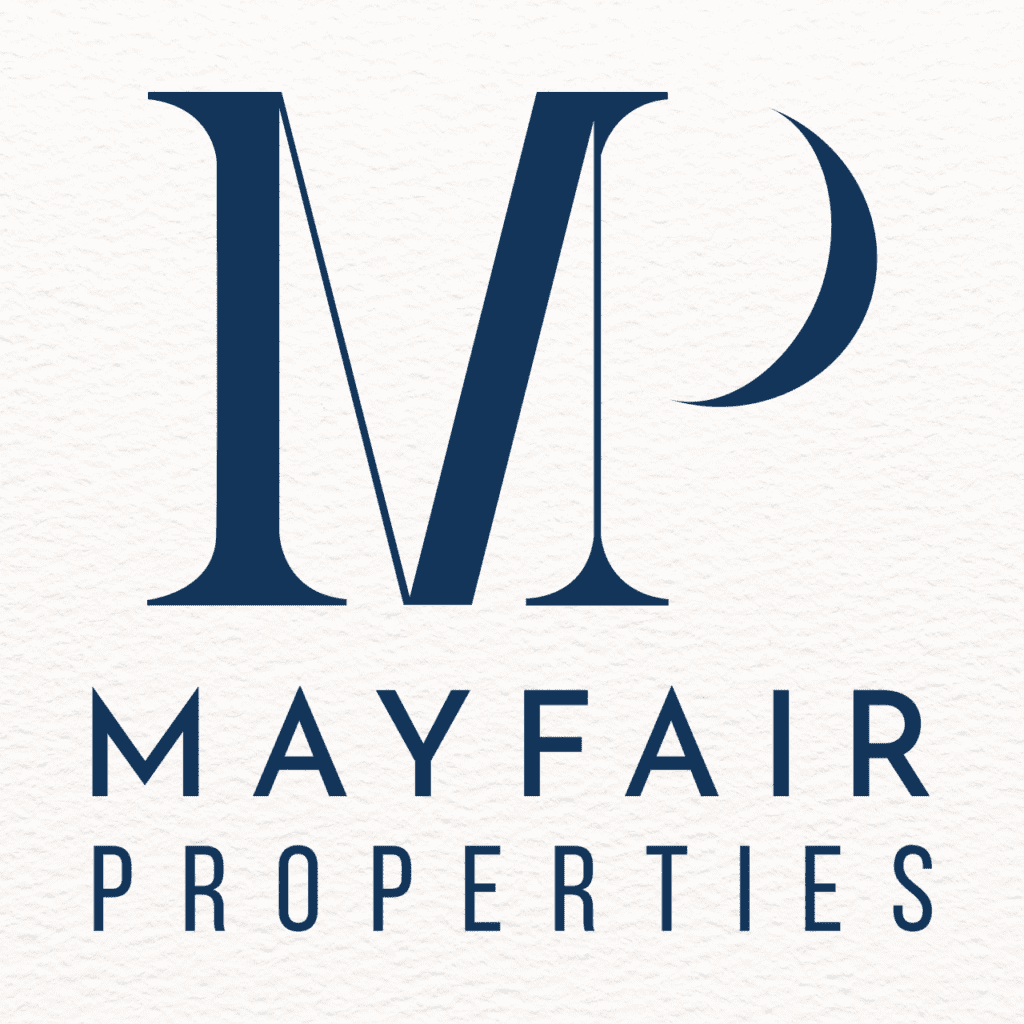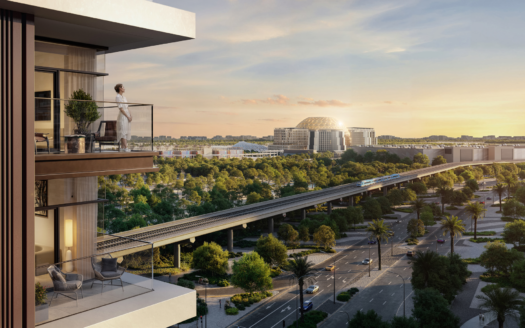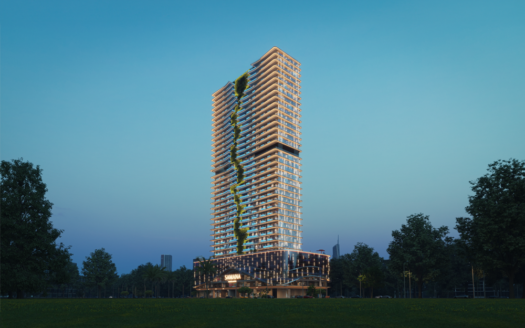Can expats buy property in dubai? Expats Guide
Dubai’s real estate market is a magnet for investors eyeing diverse properties, from luxurious homes to crypto-linked residences. Expats often ponder, “Can expats buy property in dubai?” The definitive answer is yes.
Since the government’s policy change allowing foreign ownership, investing in Dubai’s housing market has gained immense traction.
Beyond potential returns, the stability and expat-friendly benefits further fuel interest, making purchasing a house in Dubai an attractive prospect for investors.
Talk to Experts – Mayfair Properties
At Mayfair Properties, our seasoned team offers extensive experience in Dubai’s real estate, providing invaluable insights and guidance. Our goal is to help you find your dream property while ensuring it fits your budget and preferences. We understand securing financing can be daunting. Our agents access various home loan rates to find the best tailored option, making purchasing property in Dubai smooth and stress-free.
Dubai’s Real Estate Market
Dubai’s real estate market has experienced remarkable growth, attracting a diverse range of investors. Reports indicate that the market saw a surge in transactions, with an increase of around 43% in the first quarter of this year compared to the previous year. The appeal of the market lies not only in its potential returns but also in the stability and benefits it offers to expats.
Types of Properties in Dubai
Dubai’s flourishing real estate market presents diverse property types for expats. Understanding these options before investing is crucial. Three primary property types cater to expats: freehold, leasehold, and commonhold.
-
Freehold Properties
Freehold properties in Dubai gain popularity due to ease of ownership. As an expat, investing in freehold properties grants full ownership rights, enabling renting, selling, or passing down to heirs. Mostly developed land parcels, buying freehold properties involves minimal paperwork through government-approved developers, ensuring secure and hassle-free investment.
Freehold properties in Dubai have been a favorite among expat investors due to their ease of ownership. Reports suggest that over 75% of foreign investments in Dubai’s real estate are directed towards freehold properties. The flexibility of full ownership rights appeals to expats, allowing them to rent, sell, or pass down their property to heirs, which has contributed significantly to the popularity of this property type.
-
Leasehold Properties
Leasehold properties, typically owned by the government or real estate developers, offer leases for up to 99 years. Unlike freehold properties, expats lack complete ownership rights, leading to restrictions on selling or inheritance. Commonly available in upscale areas, leasehold properties come with annual leasehold fees that may increase over time.
-
Commonhold Properties
Commonhold properties in Dubai mirror apartments or condominiums, individually owned within a building. Expats can purchase commonhold properties, enjoying individual ownership rights for the unit. However, along with owning your unit, you’re responsible for maintenance fee payments for building upkeep and common areas. Similar to freehold properties, buying commonhold property involves minimal paperwork through government-approved developers.
Identify Your Motive For Buying Property In Dubai
Determining your motive for purchasing property in Dubai is pivotal. It guides your decision-making process, ensuring a wise investment.
-
Buying Property In Dubai For Investment Purposes
Dubai’s real estate market offers high rental yields, robust market capitalization, and transparent business processes, attracting investors. Thorough market research helps secure lucrative deals for expatriates seeking affordable properties with significant returns on investment.
-
Purchasing Property In Dubai For Personal Use
For personal use, consider budget, desired location, property type, visa requirements, and duration of stay. Researching the area’s proximity to essential amenities like hospitals, supermarkets, and schools is crucial. Dubai’s developed landscape promises numerous benefits for personal growth and development.
Rental Yields and Market Capitalization
The real estate market in Dubai boasts impressive rental yields, averaging between 5% and 9%, making it an attractive option for investors seeking high returns. Furthermore, the market capitalization has seen a substantial increase, with reports showing an annual growth rate of approximately 6% over the last few years.
Factors To Consider Before Buying Property in Dubai for Foreigners
-
Location
Thorough research on various locations is essential before investing, ensuring suitability for personal use or profitability for investments.
-
Research and Analyze Market Stats
Analyzing current market stats helps understand trends, predictions, and financial investment patterns in Dubai.
-
Affordability
Ensuring housing expenses remain within 25% of total income and factoring in upfront fees and annual service charges is vital. The pandemic-induced drop in real estate prices makes it an opportune buyer’s market for expats.
-
Rental Yields
Focus on potential rental yields to assess if income covers repayment, mortgage, and maintenance expenses, with gross yields ranging from 5% to 9%.
-
Residence Visa
Owning property in Dubai offers expatriates the advantage of eligibility for a residency visa. Recent regulations indicate that investing in real estate properties valued at AED 1 million or above can qualify expats for a residency visa, providing a significant incentive for property ownership.
Mortgage Financing and Deposit Requirements
The down payment required for property purchase in Dubai varies based on property value and residency status. Expats are typically required to provide a down payment of 20% for properties valued up to AED 5 million and 35% for properties exceeding AED 5 million, as mandated by some financial institutions.
How Much Deposit Do I Need to Buy a House in Dubai?
Understanding the financial requirements, specifically the deposit needed, is crucial for expats considering mortgage financing.
Conclusion
In conclusion, buying property in Dubai as an expat might seem daunting, but armed with the right information and guidance, it’s a rewarding venture.
Yes, expats can buy property in Dubai, with regulations and precautions in place. Educate yourself, seek professional advice, and embark on a successful investment journey.
